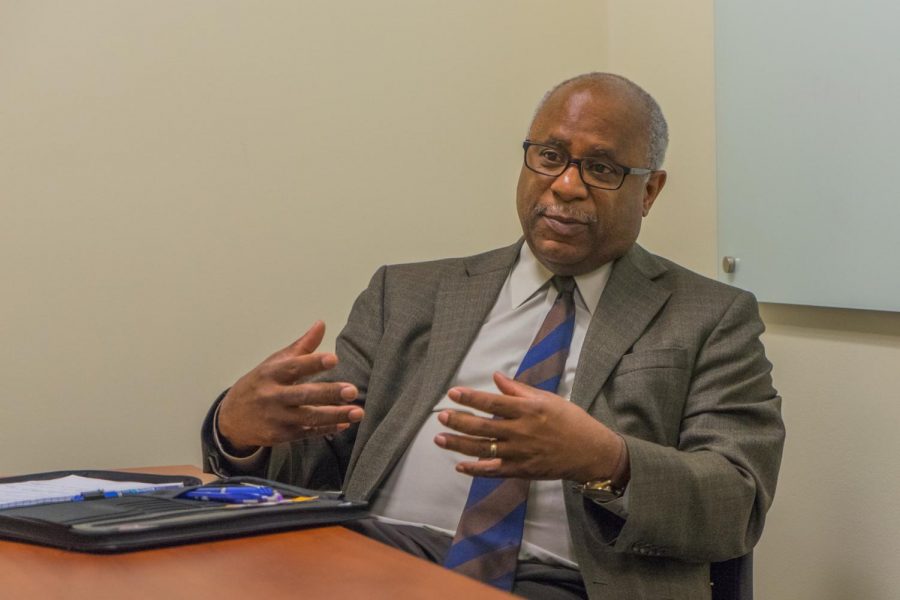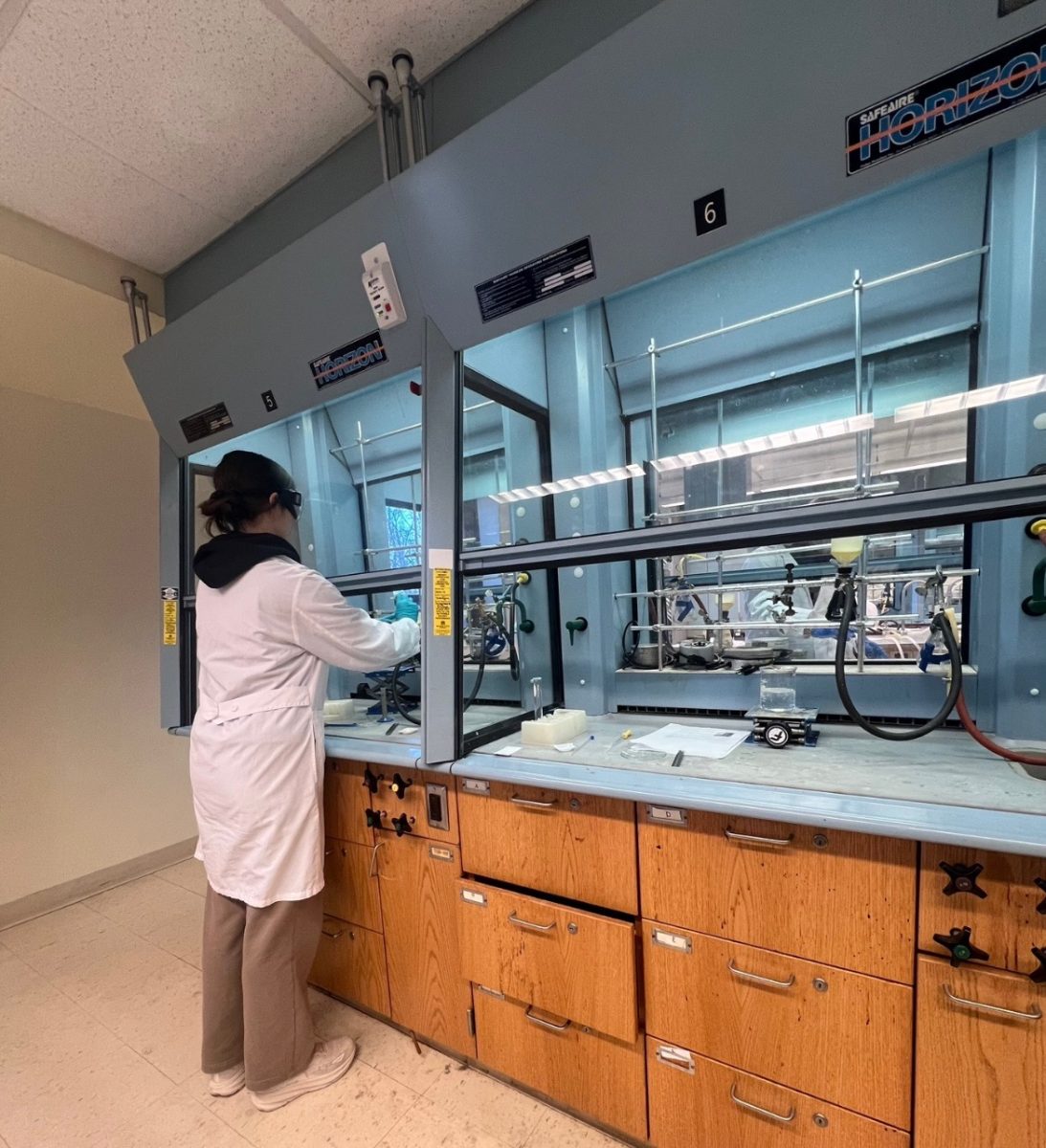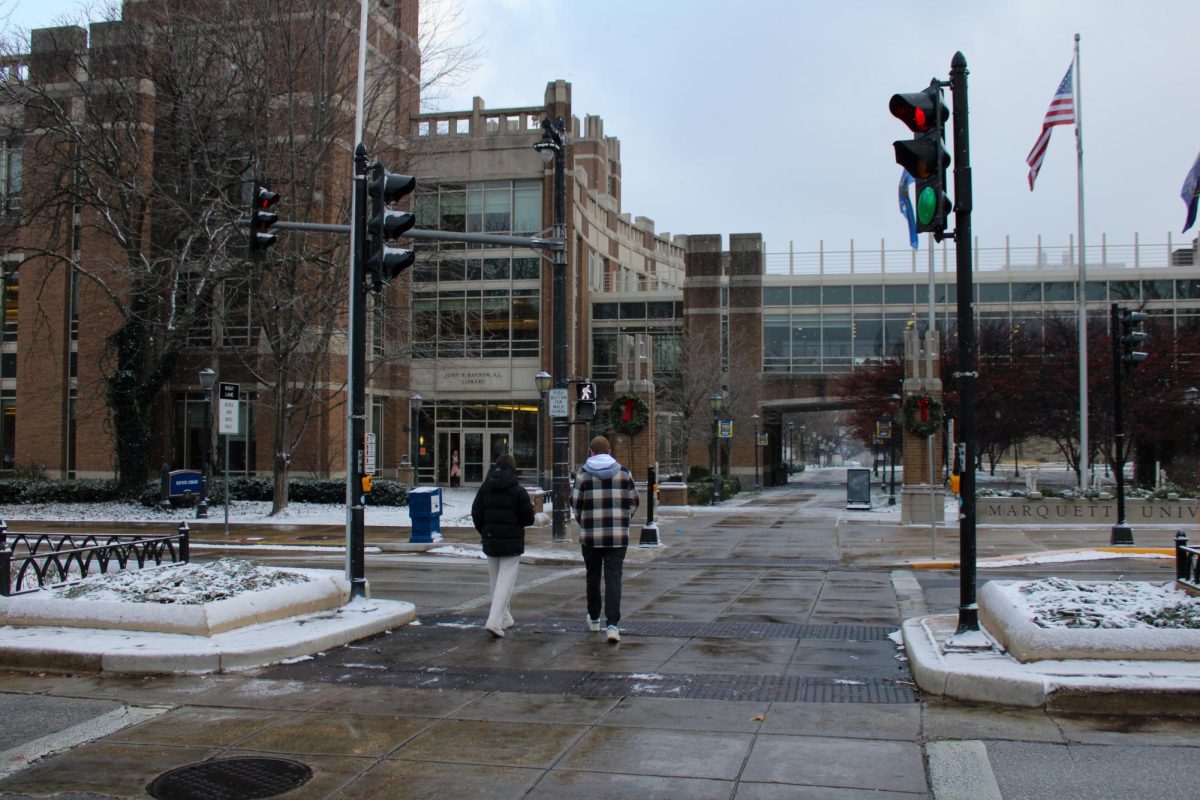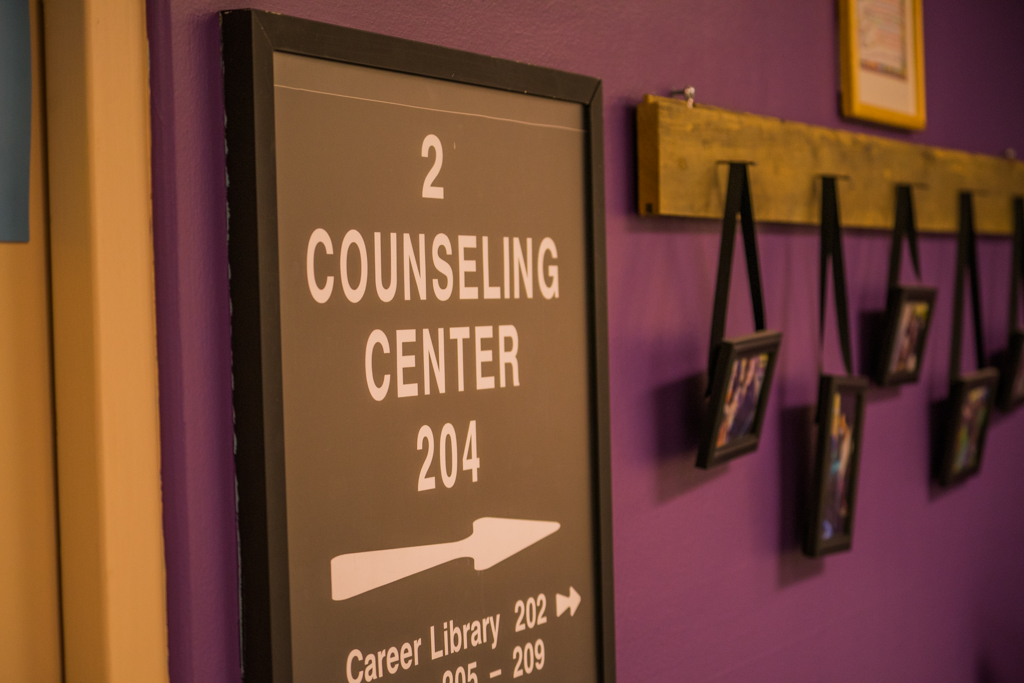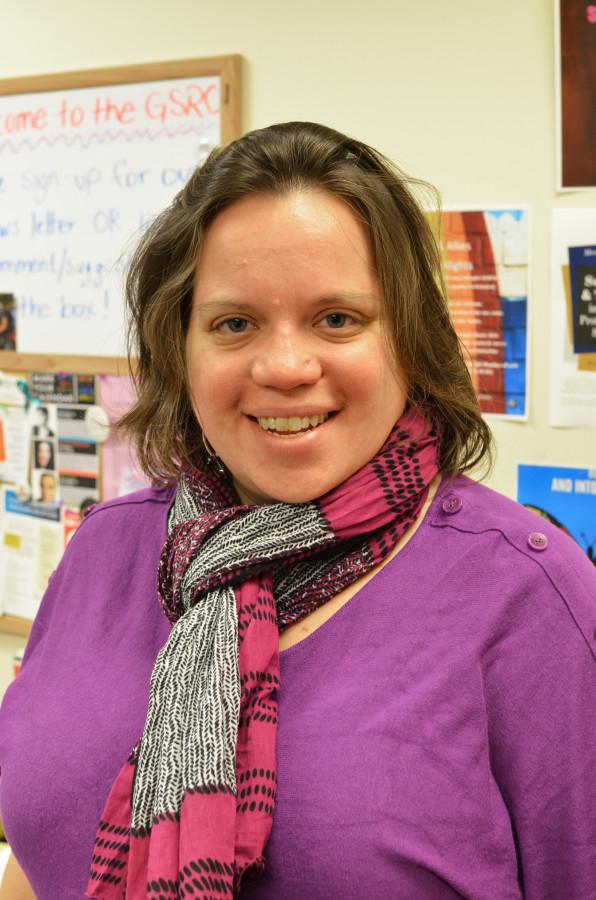Christine Harris Taylor, who worked as Marquette’s Title IX coordinator since May 2015, resigned late July. The previous deputy Title IX coordinator, Cara Brook Hardin, took over as interim coordinator Aug. 1 while the office searches for someone to permanently fill the position. Nearly two months have passed, and Marquette has failed to hire a new Title IX coordinator, demonstrating a clear lack of urgency. In doing so, the university is neglecting its duties as a Title IX institution.
The interim coordinator, Hardin, lives in Iowa and is only on campus a couple times a month. She said she has an open door policy despite the distance, and students can communicate with her via video whenever necessary. Even with this open door policy, the office is down a staff member on a daily basis, which certainly causes stress and an excess of work for the other employees, making it harder to meet the needs of students. As much as the four current employees might try to compensate for the lost member, it is impossible to fulfill the human connection and expertise provided by a fifth staff member in the office. The fifth employee would bring certain expertise other employees may not have.
William Welburn, the chair of the search committee, said the committee is waiting to acquire a sufficient pool of candidates before starting interviews, but did not specify what a sufficient pool would consist of.
Student involvement could be a key component in this process, though has thus far has not been planned. Marquette could hold student listening sessions, create a student committee or gather more student opinion in general. The Title IX coordinator is a public figure who helps protect students and faculty from sex-based discrimination, such as sexual harassment or misconduct, by enforcing university Title IX policies. It only makes sense to have students involved in selecting someone they feel most comfortable with. If certain candidates wish to remain confidential during the hiring process, student input can be gathered to formulate a candidate profile that the search committee can refer to during candidate evaluations.
The ideal time to hire for the permanent head position would have been over the summer when the majority of students was not on campus. The issues brought to the Title IX coordinator are, no doubt, very personal and often times leaves lasting effects on students. Students deserve a coordinator who remains on campus on a permanent basis. Lack of long-term coordinator availability may discourage students from divulging important and sensitive personal information and can create an unsafe campus environment.
Marquette has shown a pattern of neglect in its Title IX responsibilities in the past. This prolonged search is only further proof the university is not making this resource a priority.
In 2017, an anonymous student referred to as “Jane Doe” expressed concern over how Marquette handled her sexual assault case. In her lawsuit, Doe claimed the university discouraged her from reporting the alleged assault to the police. The university denied these claims.
Marquette should have a sense of urgency with providing this resource to students, but this case specifically shows that a fully-functioning Title IX office is a resource we must have in place to prevent further incidents from being mishandled or underreported.
Marquette must make finding a permanent Title IX coordinator a priority. Students have a right to this resource. Students need to feel safe as a part of this community, and if something traumatic happens to them, they must feel like they have an individual they can work with long-term on potential investigations and conduct reviews. The current situation does not provide students the comfort of forming a sustainable relationship with the Title IX coordinator.

